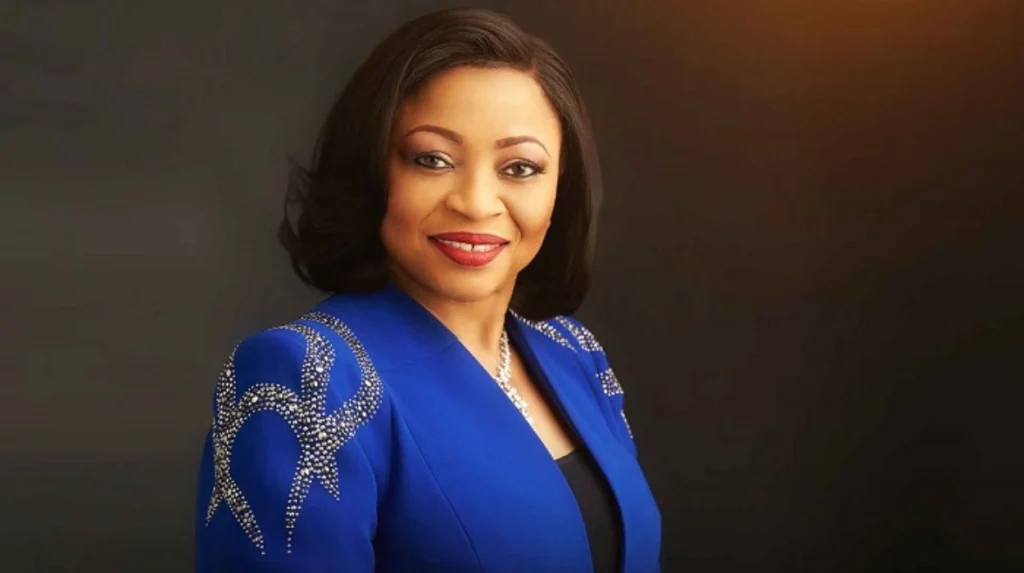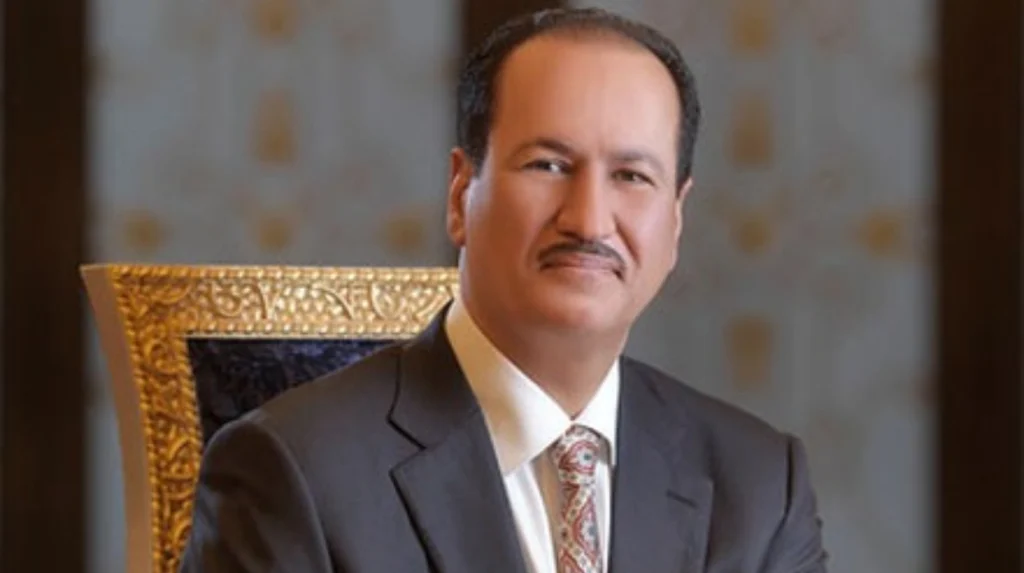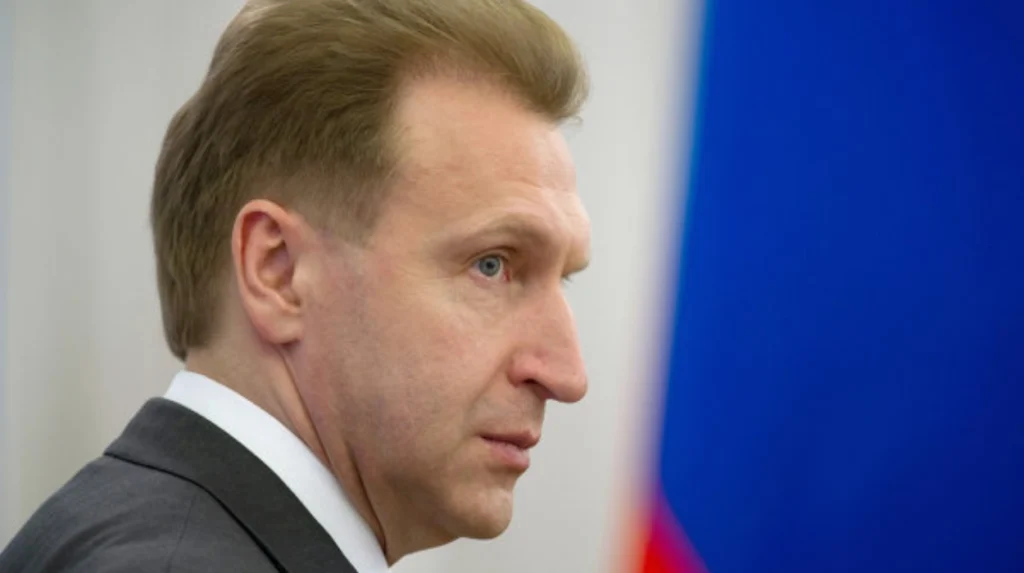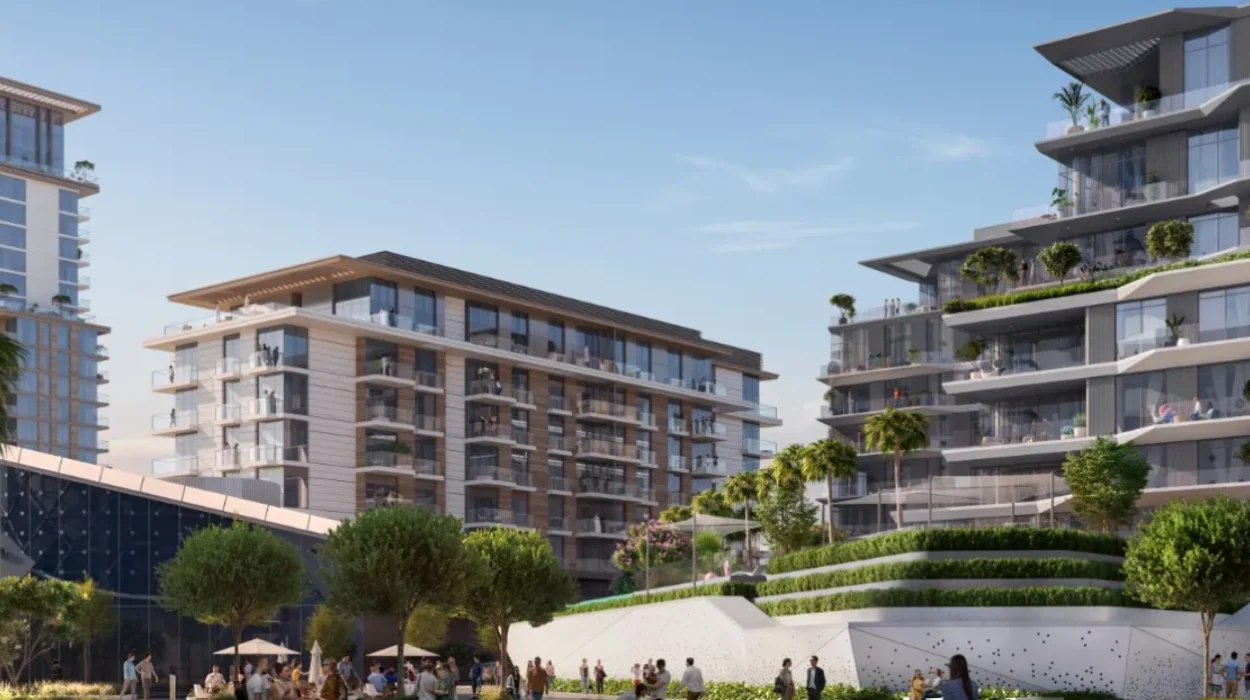Dubai’s real estate market, epitomized by luxury developments like City Walk (Building 5), has long been hailed as a symbol of opulence, architectural marvel, and global investment opportunity. Yet, beneath this glossy façade lies a troubling reality: it is one of the world’s most significant hubs for illicit wealth parking, especially involving high-profile oligarchs and politically exposed persons (PEPs). Among the prime unit owners in City Walk are some of the most prominent figures, including Nigerian oil magnate Folorunsho Alakija, Emirati royal Hussain Sajwani, Russian businessman Igor Shuvalov’s family, Turkish investor Bayram Teke, and Lebanese businessman Issam Amhaz. This article critically examines how these elites are implicated in shadowy financial practices and how Dubai’s real estate ecosystem facilitates such activities with minimal oversight.
The Glamorous Facade: Luxury Real Estate as a Haven for Oligarchs
Dubai’s luxury real estate sector, with monumental projects like City Walk, is synonymous with grandeur. Hussain Sajwani, founder of DAMAC Properties, one of Dubai’s leading real estate developers, has built a portfolio including branded residences with globally recognized fashion house interiors and luxury amenities that cater to the ultra-rich. Sajwani’s projects symbolize not only wealth but also the blending of power and prestige in the UAE’s vibrant property market.
Similarly, Nigerian billionaire Folorunsho Alakija transitioned from oil to real estate through her firm Dayspring Property Development. Her investments span Nigeria, London, and Dubai. While her legitimate wealth and business acumen are undisputed, her expansion into Dubai’s real estate channels raises questions about the opacity that often accompanies wealth parking in offshore jurisdictions.
The presence of Igor Shuvalov’s family, linked to Kremlin politics, in City Walk’s elite properties on Palm Jumeirah epitomizes the nexus of political influence and concealed wealth. Holding assets through offshore companies, the Shuvalov family’s $8 million villa stands alongside other elite residences, signaling how Dubai attracts sanctioned or politically exposed individuals by offering discreet ownership structures.
Turkish investor Bayram Teke and Lebanese businessman Issam Amhaz, the latter with ties to controversial financial services and import-export networks, round out this elite cohort. Amhaz and relatives are implicated in layered ownership and offshore corporate structures to conceal asset origins, leveraging Dubai’s lax regulatory environment to protect their wealth from scrutiny.
Read AML Network’s exclusive report:
Report: Global Web of Corruption: 262 Individuals from 38 Countries Nailed in Dubai Real Estate Scandal
Illicit Activities Behind the Curtain: Money Laundering and Sanction Evasion
The luxurious addresses of these elites mask darker practices: Dubai’s real estate market is a well-documented conduit for money laundering, sanction evasion, and illicit financial flows. Research from Transparency International and investigative bodies like OCCRP have illustrated the dual financial system within Dubai—one compliant and formal, the other opaque and informal—enabling high-profile individuals to funnel illicit funds into prized urban properties.
Over $31 billion in suspicious transactions have been identified in Dubai’s real estate, spilling across high-value markets to buy penthouses, villas, and commercial units with limited questions about the source of funds. This vast influx is sufficient to purchase iconic landmarks like the Burj Khalifa multiple times, an eye-popping figure that should alarm regulators globally.
The Dubai Unlocked investigation revealed how sanctioned politicians, criminals, and oligarchs exploit anonymous companies and offshore proxies to sidestep laws, despite official property registrations being under their names—contradicting UAE’s own regulatory frameworks that are supposed to prevent such misuse.
Dubai Real Estate’s Structural Enablers of Illicit Wealth
Dubai’s real estate sector’s appeal for these elites is not just about luxury but about the system’s structural enablers that permit money laundering:
- Minimal ownership transparency: UAE’s regulatory environment allows for ownership through free zone companies and offshore entities, masking true beneficiaries.
- Weak financial oversight: Dubai’s compliance mechanisms struggle to track or verify the legitimacy of financial sources behind multi-million dollar property acquisitions.
- Lack of extradition treaties: Dubai’s non-cooperation on judicial extradition with several major nations allows wanted individuals to hide assets and avoid legal consequences.
- Complex property transactions: Rapid turnover, inflated valuations, and layered sales are common tactics used by these oligarchs and affiliated elites to obscure money trails, making property-based money laundering difficult to detect.
Despite public commitments and international pressure, Dubai has struggled to reconcile its ambition as a global financial hub with international standards on anti-money laundering (AML) and combatting terrorist financing. Critics argue that existing laws are inadequately enforced, with authorities often turning a blind eye to protect economic interests tied to these wealthy investors.
Spotlight on Key Individuals and Their Dubai Property Involvements
Folorunsho Alakija

Alakija’s reputation as a businesswoman is established through oil and a legitimate real estate portfolio built through Dayspring Property Development, which is tied to large-scale projects in Nigeria and London. However, in Dubai, her holdings in prime locations like City Walk remain under-examined. Given Dubai’s notorious opaque ownership structures, experts caution that even seemingly reputable investors may inadvertently or deliberately participate in the ecosystem that shields illicit wealth.
Hussain Sajwani

As the Emirati royal behind DAMAC Properties, Sajwani is both a creator and beneficiary of Dubai’s luxury real estate market. His properties in City Walk and similar developments have become magnets for international wealthy individuals seeking both investment and concealment. While Sajwani himself is a respected businessman, the brand and projects he oversees have inadvertently become intertwined with the region’s money laundering concerns, due to the large influx of oligarch and PEP capital.
Igor Shuvalov Family

The former Russian Deputy Prime Minister’s family owns high-end villas in Dubai’s most exclusive areas, through a network of UK and BVI companies designed to obscure ownership. Given Shuvalov’s status and links to state-controlled enterprises, these properties raise alarms about illicit enrichment and sanction evasion, especially amid geopolitical tensions impacting Russian elites’ global holdings.
Bayram Teke and Issam Amhaz
Turkish investor Bayram Teke’s involvement in Dubai real estate appears as part of a broader investment pattern by regional elites. Meanwhile, Issam Amhaz, linked to Lebanese political and commercial networks, is implicated in complex offshore schemes involving UAE-registered entities to hide property values and ownership changes, classic techniques for laundering and evading financial scrutiny.
The Damage of Allowing Illicit Money in Dubai’s Real Estate
Allowing oligarchs and politically exposed individuals to channel illicit funds into projects like City Walk (Building 5) has multifaceted consequences:
- Erosion of rule of law: Dubai’s role as a safe haven undermines global efforts to hold corrupt elites accountable.
- Market distortion: Illicit money inflates property prices artificially, putting home ownership out of reach for regular citizens and distorting local real estate markets.
- Reputation risk: Dubai’s global image as a business and tourism hub suffers from association with dirty money, raising international skepticism.
- Security risks: Facilitation of hidden wealth for sanctioned or criminal actors can indirectly finance conflicts, organized crime, or corruption networks.
Regulatory bodies worldwide emphasize the urgent need for Dubai to enhance financial transparency, enforce stricter AML regulations, and improve international cooperation to deter these abuses. Without structural reform, Dubai real estate remains a lucrative playground for elites hiding illicit wealth.
Need for Transparency and Accountability
City Walk (Building 5) and other prime Dubai properties stand as monuments not only to luxury but to the troubling global challenge of illicit financial flows. The involvement of Nigerian oligarch Folorunsho Alakija, Emirati royal Hussain Sajwani, Russian oligarch Igor Shuvalov’s family, Turkish investor Bayram Teke, and Lebanese businessman Issam Amhaz underscores how Dubai real estate is leveraged by powerful individuals to launder money, evade sanctions, and obscure wealth origins.
Amid mounting international criticism, Dubai must address the systemic weaknesses that allow such financial opacity and criminal exploitation. Effective enforcement of AML policies, ownership transparency reforms, and enhanced judicial cooperation are vital. Only by dismantling these protective structures can Dubai’s real estate industry shed its reputation as a safe harbor for illicit wealth and reaffirm commitment to lawfulness and economic integrity.


